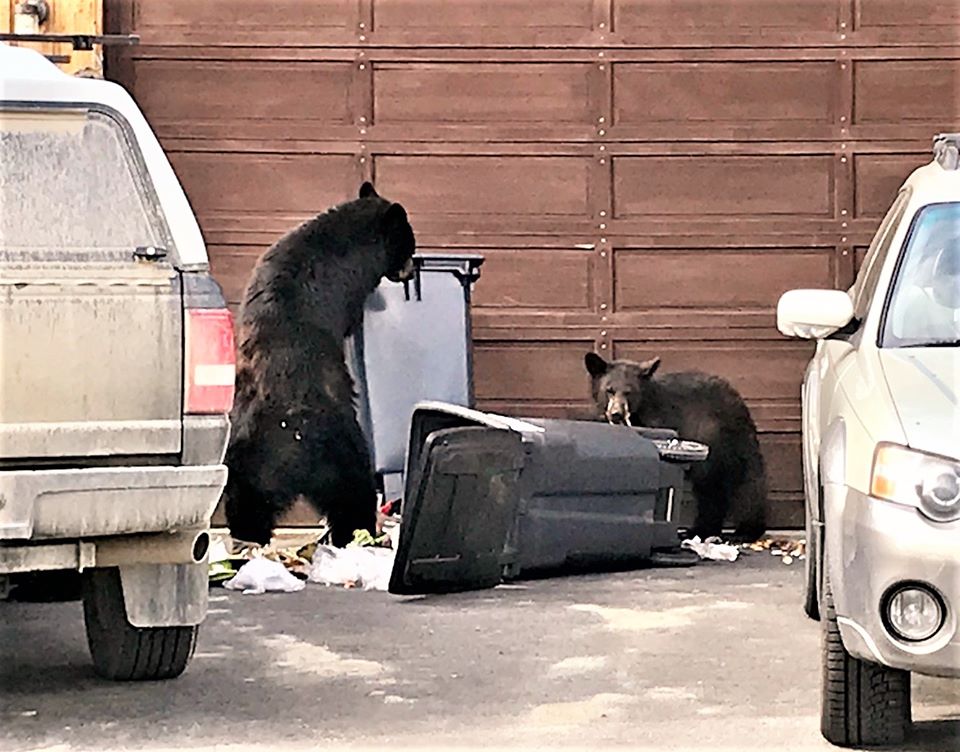It’s bear season again and if you don’t secure your garbage, it could end up costing you.
The Conservation Officer Service (COS) says that bears are waking up from their seasonal slumber, which means they’re hungry and on the search for food.
Conservation officers are getting reports of bears out and about in several locations across B.C., and already in some cases, getting complaints.
Brad Adams says you should always make your presence known and be aware of your surroundings, especially if they see signs of a bear, like tracks or scat.
“Having dogs on a leash rather than running free and keeping kids close if they do know that they’re in an area where there are bears, having some sort of noise signaling device with them, having a whistle or something to emit a loud sound to scare bears away,” Adams said.
Adams says if you do run across a bear, stay calm, don’t run, make yourself look big, talk to the bear and let it know you are a person.
As for keeping bears out of the suburbs, Adams says it’s as simple as keeping garbage indoors, and avoiding putting trash out the night before pickup.
“The bears are going to emerge this spring and they are going to be looking at regaining some of the calories that they lost over the winter,” Adams said. “Easy access to food sources influences their behaviour for the rest of the year so starting in the spring, if our attractants, garbages, are all secured and in a place where they can’t be easily accessed, the bears are going to move on and find their natural food sources.”
Adams added that once a bear gets desensitized, it will roam into neighbourhoods more often and becomes a safety risk.
Garbage, pet food, birdseed, sugar water, and unpicked fruit and just some of the things that can lure bears to local neighbourhoods.
According to the service, officers will be patrolling neighbourhoods as part of ongoing public education and outreach efforts to curb wildlife conflicts.
This also includes enforcement efforts, such as handing out fines to people or businesses who don’t secure attractants.
For tips on how to secure attractants, click here.
To report aggressive or threatening bears call the RAPP line at 1-877-952-7277.






